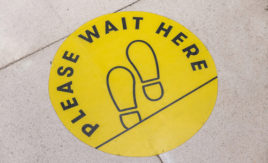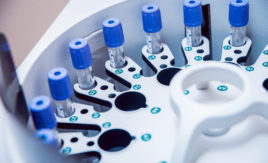English waiting list nears 7 million patients
The wait for diagnosis and decision is rising much faster than the wait for treatment.
Filter blog posts
You can filter out our blog posts below by a category relevant to yourself.

The wait for diagnosis and decision is rising much faster than the wait for treatment.

Trying to eliminate cohorts of waiting list patients is too simplistic

Growing underlying pressures are coming into conflict with the headline targets

Elective admissions rose sharply following the relaxation of covid measures, but it was not enough to stop the waiting list from growing

The number of 104 week waiters improved, but overall things are getting worse with elective waits.

Two year waits may be falling, but the underlying pressure on waiting times continued to grow

Although headline waiting times fell slightly, both the waiting list and the wait to diagnosis went up

Waiting times after referral have reached nine months for a diagnosis and decision, and ten months for treatment. But the experience of individual patients varies enormously.

Many urgent conditions are only picked up at diagnosis, making such long waits risky

The waiting list hovered just below six million, as more patients were discharged or removed from the waiting list.